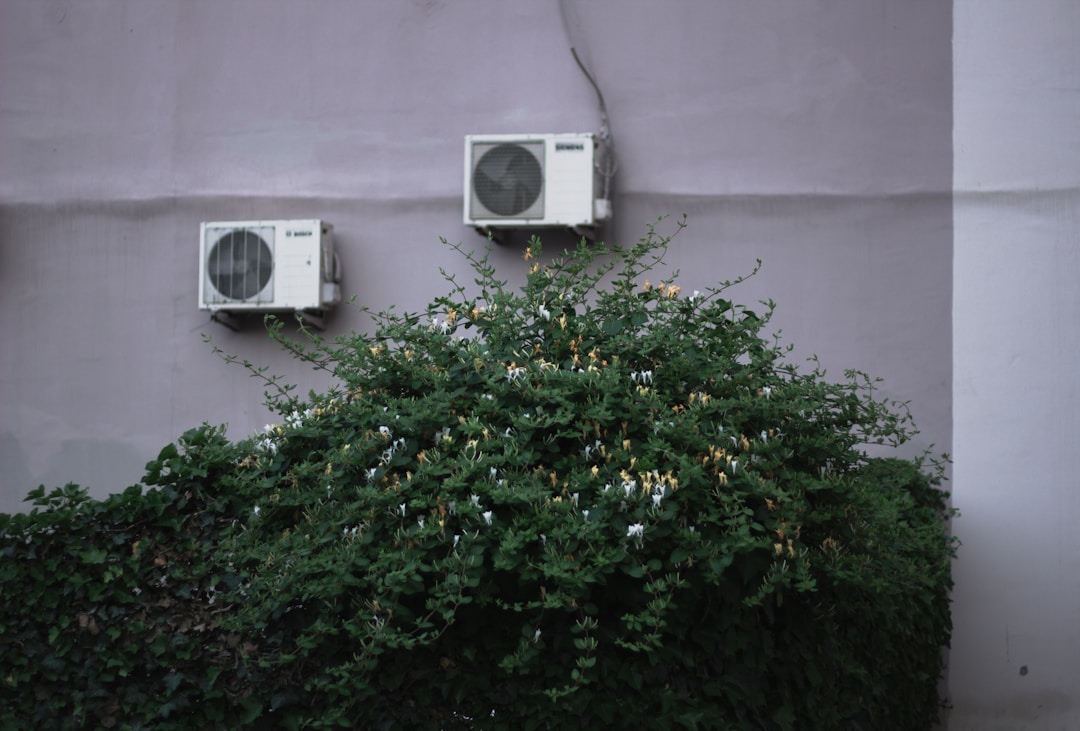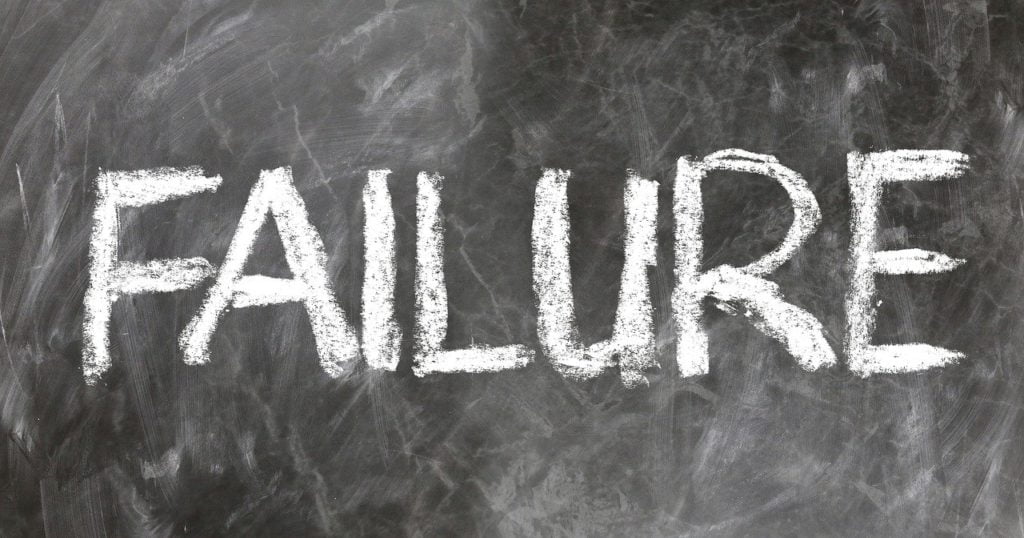Your home requires a lot of different appliances and systems to function at an acceptable level. Perhaps one of the most important of these is your HVAC system. Your heating, ventilation, and air conditioning units control the temperature of your entire house. They keep you comfortable in the blazing hot summer and keep you warm on blustery winter days. It’s crucial that these appliances are maintained and ready to go at any time. However, there is always a possibility that your airflow from the air conditioner or furnace could fail and you’ll be left at home with unregulated temperatures.
HVAC failures are a normal issue you may face as a homeowner. Typically, you will be able to find a quick fix or consult with an HVAC technician to resolve the bigger problems. It helps to know and understand what you are dealing with. The most common reasons your HVAC system may go out involve dirty filters, broken parts, leaks, or general wear and tear. Let’s take a look at a few of the main reasons why you may experience HVAC failure so you can prevent them ahead of time.
1. Dirty Air Filters

The furnace and air conditioner are responsible for pumping either cold or warm air throughout your home. To do this, there is an air filter within the blower to make sure debris and other particles don’t escape throughout your home. The last thing you want is to be breathing in unhealthy pollutants and could be dangerous to your family.
Having clogged air filters can be a problem and a dirty filter reason for a failing HVAC unit. If you’re noticing problems that your HVAC system isn’t working properly, is heating or cooling slowly, or isn’t pumping air at all, check your air filter. If you find debris and dust, it is time for a replacement. These are typically low-cost replacements that can easily correct your heating and cooling issues.
2. Broken Thermostat
To communicate with your HVAC unit, you will typically use a thermostat. This is a small control unit that allows you to adjust the temperature in certain rooms of your home. If this element is broken, it won’t be able to tell the furnace or AC unit what to do. This means your home may end up at a temperature you didn’t set or you may not be able to turn the heat on or off. A failing thermostat will lead to a failing HVAC unit. Consider replacing that piece and seeing how your system holds up once you can communicate with it once again.
3. Refrigerant Leakage
Your air conditioner requires refrigerant liquid to operate effectively. The refrigerant cools the incoming air from your home to help keep things at a lower temperature. If the unit runs out of refrigerant or some of it starts to leak, you’re going to notice problems with your system overall. Plus you don’t want leaks around your home. You don’t want to have to worry about what to do if an employee is injured in your kitchen or while they’re checking your air conditioner. You need regular maintenance to help replace any lost liquid, clean up the mess, and keep up with your AC unit.
4. Old Age
The truth is, your HVAC unit wasn’t designed to last forever. After 15-20 years, it will start to deteriorate due to general wear and tear. Old age may be a reason why your unit is failing. Consider investing in a nicer, newer model. While regular maintenance can help you keep up with small fixes throughout the years, eventually it becomes time to move on to something better.





